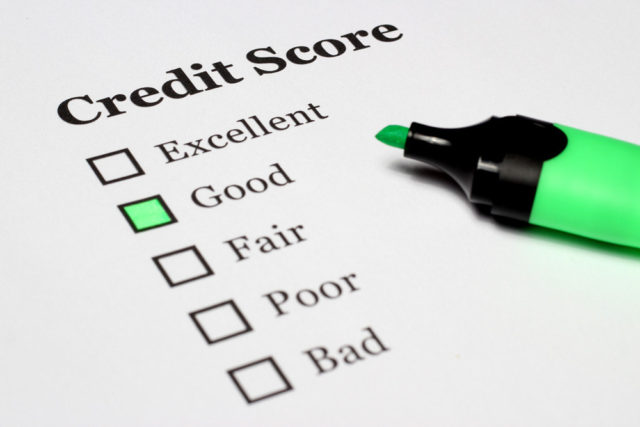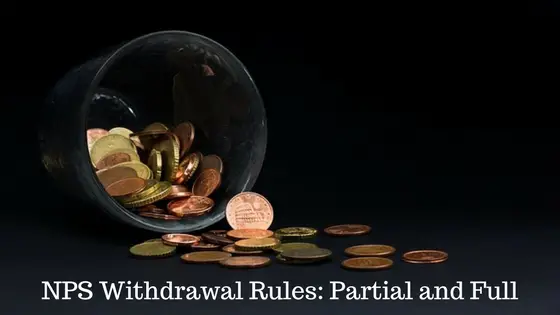We hardly bother to monitor a very important score which is our Credit Score. A score that keeps you healthy in eyes of the banks, a score that helps you get business loans at favourable terms and a score that most importantly makes you eligible for a secured loan or an unsecured loan – It’s your Credit Score. Be it any business you own, this is that one score you should be worried about. Hence, we all should know about credit score basics.

The first impression is your last impression:
Banks form their first impression of you checking your credit score. Credit score, or CIBIL score as it is generally referred to, deriving the name from the agency maintaining the database, is a score based on your credit history. It reflects your borrowing and repayment habits by providing information about the nature of loans (including credit cards) taken by that person. This report shows the number of loan accounts held with different banks, repayment history, any overdue status. It acts as a perfect barometer for a bank to judge the defaulting tendency of the borrower.
The Score:
For an individual with a credit history of more than 6 months, the credit score ranges from 300 to 900. Higher the score, the better are your borrowing chances. An individual with credit score 750 will get a loan more easily than one with a credit score of 600. Having a better credit score is very important. The credit card bills and loan EMIs should be paid on or before the due dates. Since repayment history is one of the major factors affecting your score, timely repayments will help you achieve a higher credit score.
So, we can say that one may borrow smart with a better credit score, but repayment has to be equally important to maintain it.
The importance of Credit Score:
Your credit score reflects your credit habits to your bankers and therefore it is indeed important for you to be concerned about your credit score. As such, people are now getting aware of the importance to review their credit reports regularly. Even the regulator, SEBI, has acknowledged the need to regularly monitor the credit reports and thereby calls for one free report on an annual basis by the credit information bureaus. Reviewing your credit report indeed helps your diagnose your credit health. While your repayment record largely impacts your credit score, there are other matters impacting your credit score too.
Let us suppose that you have an option to take a secured loan for your business. However, at the same time, a new-age bank offers you a personal loan without any security at same terms, on the basis your income. You will indeed be inclined towards opting for an unsecured personal loan, but beware! This may result in adversely affecting your credit score.
Also Read: Not Getting a Loan Because of Low Credit Score? What to Do Next?
Secured and Unsecured Loan:
A secured loan is a loan against which the bank has sufficient security against the funds lent to the borrower. Mortgage loans, Loan against Property (LAP) etc. are examples of secured loans. Similarly, personal loans and credit cards fall into the category of unsecured loans. An unsecured loan reflects a higher credit risk of lending the amount to you. More so, since the bank does not have any security to fall back upon, in case you default on the contractual repayment terms. This is why the higher ratio of unsecured loans in your credit profile adversely impacts your credit score.
Besides this, in a secured loan, banks only lend a certain amount determined by the market value of the security. Rest of the funds are invested by the borrower himself. Since the borrower’s money is also at stake, this results in higher tendency to pay. As such, better repayment habits translate into a better credit score.
Also, a healthy credit portfolio of secured and unsecured loans helps your credit score as it reflects better credit management at your end. Regular account history with continuing timely repayments improves your credit score since the banks perceive such borrowers as less-risky borrowers in terms of default.
Your credit score is the first thing your bank will check before judging you on other parameters like your salary, other loan obligations, your repayment capacity etc. So, a higher Credit Score should ideally help you get a loan at more favorable terms.
Also Read: How to improve credit score in 5 easy ways
Tips to Improve Your Credit Score:
Since your credit score impacts your loan taking capacity and also your interest outgo, it becomes imperative for you to have a better score. Here are few measures through which you can improve your credit score:
- Timely Repayment of your EMIs/ Credit Card Dues– Repayment history is one of the prime factors determining your credit score. As such, one should always aim to pay off the credit card bills and monthly installments of your business loans/ personal loans without any delay. Timely repaying habits translate into a higher credit score for you.
Also Read: How To Pay off Credit Card Debt in Five Smart Ways
- Lesser number of Casual Loan/ Credit Card Inquiries– CIBIL records each time your credit report is pulled from their website. There is a dedicated inquiry section in the credit report that lists all the loan inquiries made by you with any lender. This leads to a creation of the poor perception of being credit hungry, even while there may not be serious reasons for loan rejections.
- Lower Utilisation of the Credit Limits Sanctioned– Credit report not only reflects your repayment tendencies but also your debt management skills. If you are continuously using the full credit limits and more frequently paying just the minimum amount due, the credit score will get lower and is also viewed negatively by banks.
With a better credit score, you will have access to various lenders for your personal as well as business loans.
Share the article with others. 🙂
Image Credit : www.cafecredit.com



